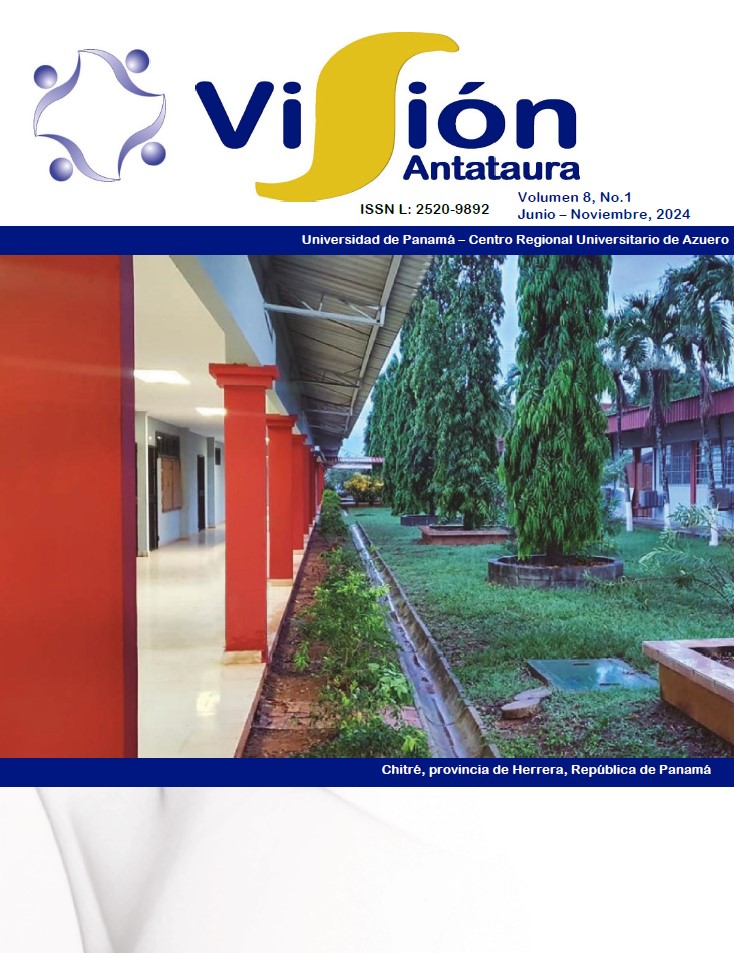

Derechos de autor 2024 Visión Antataura

Esta obra está bajo una licencia internacional Creative Commons Atribución-NoComercial-CompartirIgual 4.0.
La orientación educativa en el proceso de enseñanza-aprendizaje de la educación superior puede coadyuvar al cumplimiento de las exigencias en la formación de profesionales en el siglo XXI. No obstante, este espacio no constituye aún, un ámbito privilegiado para programar acciones de orientación educativa, los profesores no cuentan con una guía para realizar esta labor. El objetivo del trabajo se centra en reflexionar sobre los fundamentos teórico-metodológicos para realizar la orientación educativa en el PEA de la educación superior. Para estudiar este particular se desarrolló una investigación que permitió la revisión, interpretación y contrastación de diversas fuentes bibliográficas mediante los métodos histórico-lógico, analítico-sintético y el inductivo-deductivo. Estos métodos permitieron el análisis de la información obtenida y la elaboración de síntesis conclusivas en el plano teórico. Los resultados obtenidos en el análisis de los modelos estudiados evidencian que la orientación educativa debe ser realizada por un personal especializado o que ha sido preparado para cumplir con esta labor. Aunque se reconoce en los modelos más actuales al profesor como agente orientador, no quedan esclarecidos los fundamentos teórico-metodológicos para la orientación que debe realizar este agente educativo en el PEA de la educación superior. Se hace necesario entonces, integrar los fundamentos que aportan los modelos de orientación educativa con los fundamentos de la Didáctica, de manera que se ofrezca una base conceptual y metodológica para la orientación educativa en el PEA de la educación superior.